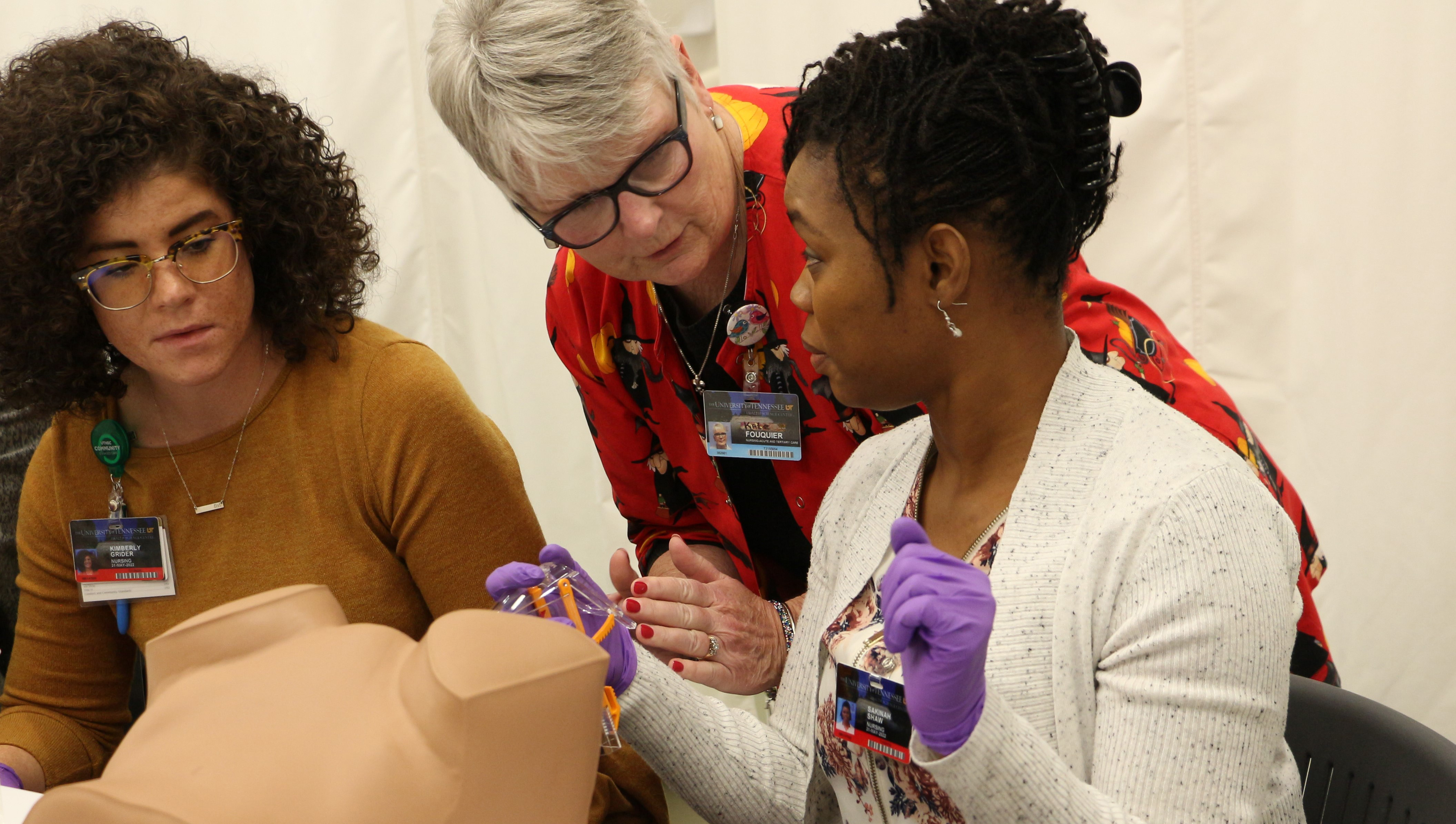DOI
10.21007/con.dnp.2024.0095
Faculty Advisor
Margaret Harvey, PhD, APRN-BC, ACNP, CHFN and Laura Reed, DNP, FNP-BC
Document Type
Poster
Publication Date
Spring 5-2-2024
Disciplines
Endocrine System Diseases | Health and Medical Administration | Investigative Techniques | Medicine and Health Sciences | Mental and Social Health | Nursing | Nursing Administration | Psychiatric and Mental Health Nursing | Psychiatry and Psychology | Quality Improvement
Abstract
Purpose/Background
Type 2 diabetes is a chronic metabolic disorder affecting millions of individuals worldwide. Research has shown that individuals with diabetes are at a higher risk of developing depression in comparison to those of the general population. Depression affects the individual's emotional well-being and has a significant impact on the management and outcomes of diabetes (Mather, 2022). This research study aims to investigate the feasibility and effectiveness of implementing the Patient Health Questionnaire-9 (PHQ-9). The PHQ-9 is one the most effective assessment tools available to identify symptoms of depression (Celik, 2020).
Methods
In this retrospective chart review, at least 50 charts of patients that ranged ages 30 to 78 with a diagnosis of type 2 diabetes were screened for depression from September 18, 2023 to November 29, 2023. The reviewers were assessing whether or not the PHQ-9 was administered to assess for comorbid depression in patients with Type II Diabetes diagnosis.
Results
This protocol was approved by the University of Tennessee Health Sciences Center (UTHSC) internal board review. Data was collected from the University Clinical Health/UT Family medicine in Memphis, TN with the assistance of Laura Reed, DNP-FNP. Of the 29 charts reviewed, 16 of the patients that met the criteria were assessed with the PHQ-9, and 13 were not. The data revealed there was a possible decrease in the likelihood of administering the PHQ9 to patients as they get older. On average, women were screened higher in comparison to men.
Implications
This research study will contribute to understanding the prevalence and impact of depression in individuals with type 2 diabetes. The findings may inform healthcare providers about the importance of routine depression screens and its potential benefits of early intervention. Implementing the PHQ-9 as a screening tool within the diabetes population can facilitate the identification and management of depression which can potentially lead to improved overall health outcomes for patients with type 2 diabetes.
Recommended Citation
Norris, John T. BSN, RN, DNP-PMHNP Student; Gordon, Robin BSN, RN, DNP-PMHNP Student; Harvey, Margaret PhD, APRN-BC, ACNP, CHFN; and Reed, Laura DNP, FNP-BC , "Utilization of Depression Screening in Patients with Type 2 Diabetes Mellitus" (2024). Doctor of Nursing Practice Projects. Paper 95. http://dx.doi.org/10.21007/con.dnp.2024.0095.
https://dc.uthsc.edu/dnp/95
Included in
Endocrine System Diseases Commons, Investigative Techniques Commons, Mental and Social Health Commons, Nursing Administration Commons, Psychiatric and Mental Health Nursing Commons, Psychiatry and Psychology Commons, Quality Improvement Commons


